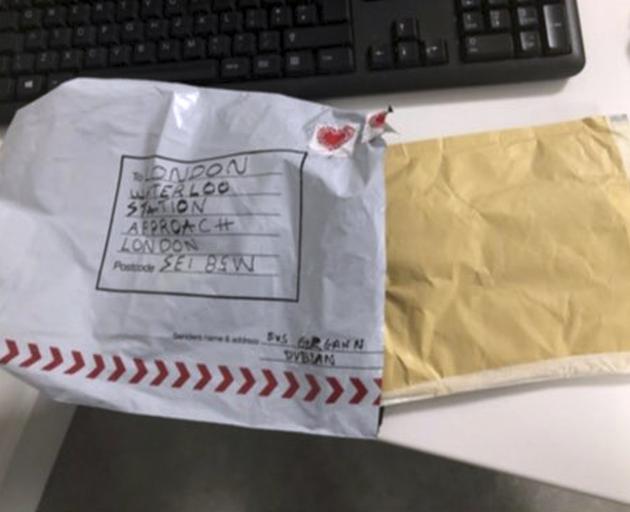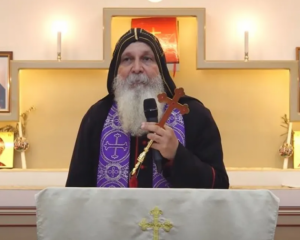British bomb-disposal experts have destroyed a suspicious package found in a mailroom at the University of Glasgow, a day after three London transport hubs received letter bombs.
Police Scotland said it was too soon to say whether there was a link between the incidents.
The Scottish university said several buildings on its campus, including the mailroom, were evacuated on Wednesday "as a precautionary measure" after the package was found.
Assistant Chief Constable Steve Johnson of Police Scotland said "the package was not opened and no one was injured."
Bomb-disposal experts later performed a controlled explosion on the item, he said.
Another package sparked an evacuation on Wednesday at the Royal Bank of Scotland headquarters in Edinburgh. It was found to contain "promotional goods" and deemed no threat to the public, police said.
Police Scotland said it was "liaising" with police in London. It was unclear whether the Glasgow package was linked to three small explosive devices in plastic mailing bags that arrived at offices for Heathrow and London City airports and Waterloo Station in the capital on Tuesday.
One of the envelopes, sent to Heathrow Airport, partly caught fire but no one was injured.

Counter-terrorism detectives are leading the investigation into the London letter bombs, but said on Wednesday that they were "not investigating any other suspicious packages."
Commander Clarke Jarrett, head of the Metropolitan Police Counter Terrorism Command, said police had not received any further reports of devices, but had "issued extensive advice to transport hubs and mail sorting companies to be vigilant."
The envelopes received in London appeared to carry Irish stamps, and Jarrett said one line of inquiry "is the possibility that the packages have come from Ireland."
There has been speculation the devices could be connected to Irish Republican Army dissidents.
But Dean Haydon, Britain's senior national coordinator for counter-terrorism policing, said no sender had been identified and no group had claimed responsibility.
"We are talking to our Irish counterparts but at the moment there's nothing to indicate motivation of the sender or ideology, so I cannot confirm at the moment if it's connected to any Ireland-related terrorist groups," he said.












